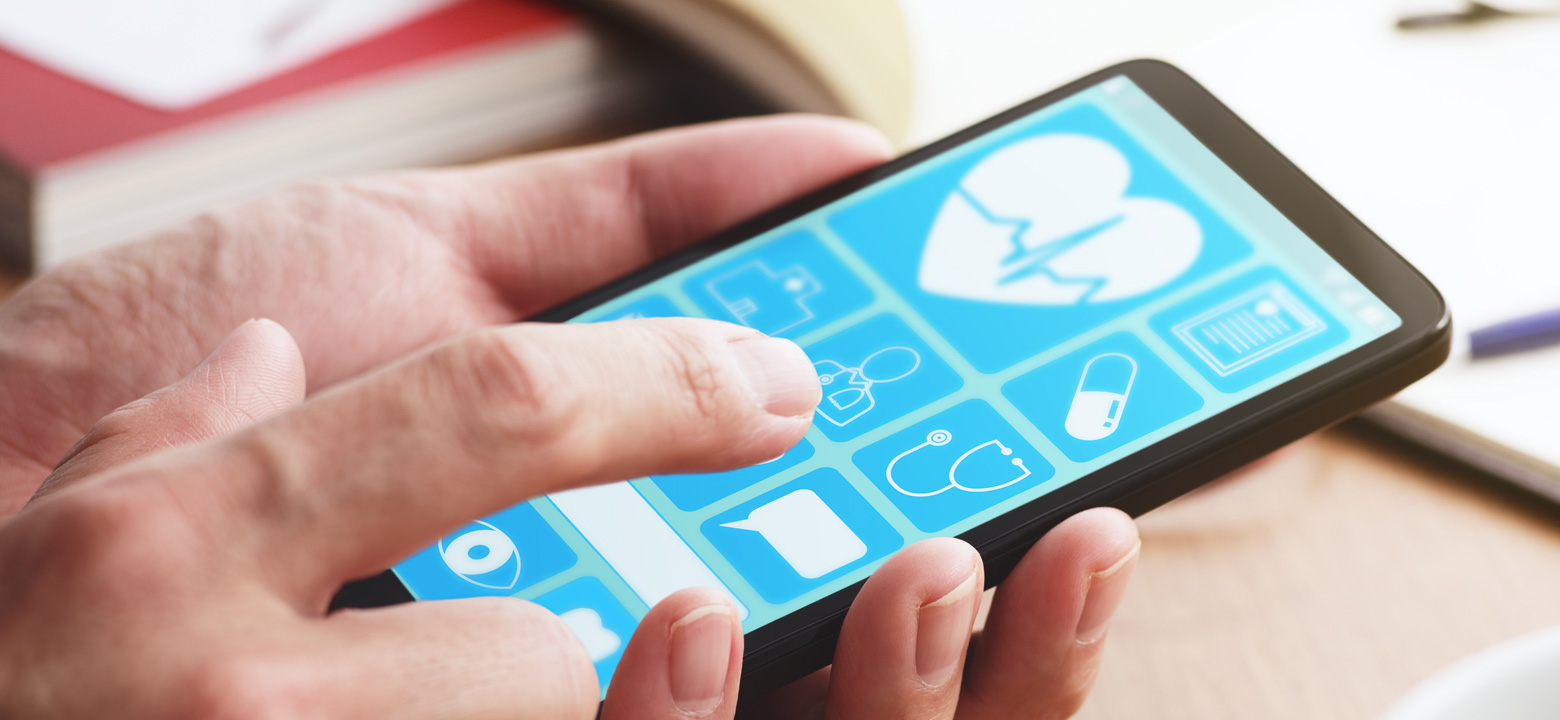
Pacemakers have helped over 3 million people worldwide continue to live normal, active lives after developing heart arrhythmias. Unfortunately, like the heart itself, it can be hard to tell when a pacemaker starts to malfunction. People with arrhythmias—with or without pacemakers—may not experience any noticeable symptoms until things get dangerous. That's where the latest app-enabled medical technology comes in.
Pacemakers are small implantable devices that sit under the skin of the chest. They use electrical impulses to control how fast or slowly the heart beats. It consists of a small chamber with a power source and circuitry that controls when to send electrical pulses to the heart, and a set of leads that feed into the heart itself to transmit those pulses. Some modern pacemakers also monitor things like respiratory rate, in order to trigger the heart to beat faster during physical activity. There are also leadless pacemakers which can be attached directly to the heart, minimizing the risk of complications and reducing recovery time compared to pacemakers with leads.
Some conventional pacemakers also allow for wireless data transmission. These use a small bedside console to send data about the patient's heart rate to their physician. While this is very helpful, patients have to remember to keep their bedside console with them if they travel—an inconvenient endeavor that often means bringing extra batteries, adapters, and country-specific charging cords.
Like older pacemakers that transmit data wirelessly, an app-enabled can send information to a patient's physician. The main difference is that this is done via a smartphone app, not a console. There's no extra equipment for a patient to travel with, just their phone. All data is encrypted, so it's completely private.
Medtronic recently released Azure, a pacemaker designed to work with a smartphone or tablet app. It's designed to detect and reduce atrial fibrillation events, last longer than previous generations of pacemaker, and allow patients to receive magnetic resonance imaging scans—something not previously possible with pacemakers that contained magnetic parts.
On October 20th, 2020, doctors in Kentucky implanted the U.S.'s first Bluetooth-connected cardiac defibrillator in a patient suffering from a life-threatening arrhythmia. Implantable defibrillators are similar to pacemakers, but it monitors heart beats instead of the heart's electrical pulses. In a press release, hospital officials said that they expect Bluetooth-connected devices like this one to improve patient outcomes by making compliance easier. Smartphone connectivity simplifies the task of transmitting data recorded by the implanted device, and encourages patients to take a more active role in monitoring their health.
Implantable tech could end up reducing healthcare costs, as well as improving outcomes. Since apps transmit the data directly to doctors without the need for an in-person visit, patients can get the same benefits without worrying about being billed for an appointment.
Right now, in-person doctor's visits are down across the board. Doctors are working hard to keep their staff and their patients safe, which often means an intentionally reduced number of visits per day. Patients are also avoiding going to the doctor for anything short of an emergency. This is helpful for limiting the spread of COVID-19, but not great when it comes to preventative medicine.
Many serious medical conditions don't have noticeable symptoms until it's too late. Arrhythmias, in particular, can be virtually undetectable for a long time. Type 2 diabetes is known as a “silent killer” for a reason. With patients and doctors seeing each other less often, people in high-risk groups need a way to safely, efficiently get the care they need. That's where implantable, app-enabled medical technology comes in. With an app capable of transmitting health data, patients don't need to go in for an in-person pacemaker check.
Other serious medical conditions, like diabetes, place patients at an even higher risk of serious COVID complications. Implantables like the Eversense glucose monitor give them people a way to continuously watch their blood sugar with the help of a real-time glucose monitoring app, which allows them to respond quickly to blood sugar highs and lows. It also allows them to share their data with physicians or caretakers.
Other apps can help doctors triage and diagnose patients faster and more effectively in emergency situations, even without implantable tech. In one study, researchers managed to develop and implement a machine learning algorithm that successfully determined the presence of stroke with the same degree of accuracy as a human doctor. This could allow physicians to assess patients in as little as four minutes. This technology could help save patients lives and preserve brain function by speeding up the process.
Regular or continuous monitoring gives patients and doctors the chance to make medication, lifestyle, or medical equipment adjustments before it's too late. With new app-enabled implantable medical technology, it's even easier and more convenient for patients to take an active role in managing their health.